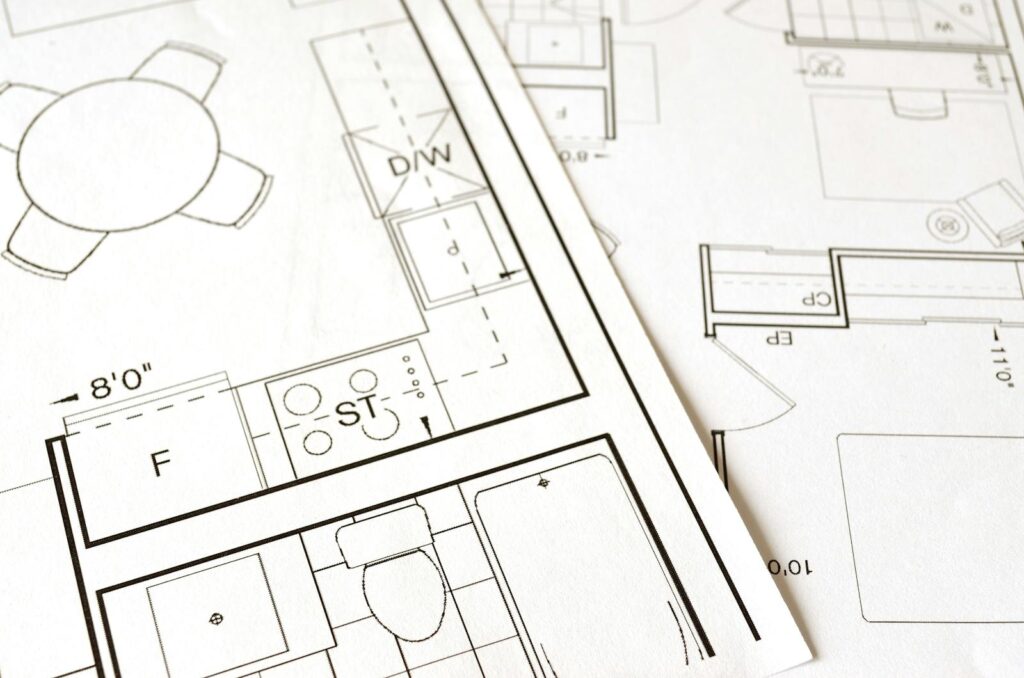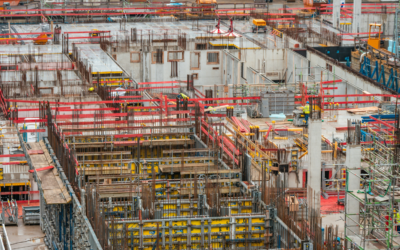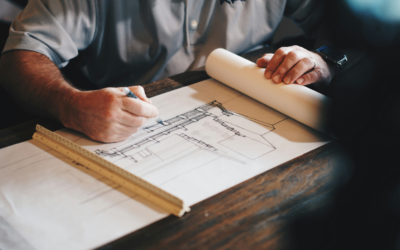Preconstruction is an undeniably crucial stage in construction project management that lays the foundation for project success. Rather than rushing into the construction process, taking the time to carefully plan and analyze every detail in the preconstruction phase ensures not only a smoother execution but also cost savings, improved timelines, and increased client satisfaction.
This blog will explore the essence of preconstruction, its benefits, key phases, common challenges, and how partnering with South Coast Improvement Company can turn your construction vision into reality.

What is Preconstruction?
Preconstruction is the preparatory work completed before the actual construction phase begins. It involves initial planning, engineering, risk assessment, and strategizing to define the project’s scope, timeline, and budget. The goal is to identify potential challenges and opportunities upfront, ensuring proper planning and reducing unnecessary costs or delays.
Essentially, the preconstruction phase sets the groundwork for your project’s success by addressing the who, what, where, when, and how of your construction project.
Why Preconstruction Matters
Preconstruction is important for several reasons:
- Risk Mitigation: By identifying challenges early, you can avoid costly surprises during construction.
- Clarity and Alignment: It ensures all parties involved, from the client to the construction team, are on the same page.
- Cost Savings: Effective planning and detailed budgets lower the chances of overspending.
- Efficiency: Properly defined objectives and schedules streamline the entire project lifecycle.

Benefits of Preconstruction
Whether you’re a property developer or a construction manager, investing time and resources into preconstruction can deliver numerous benefits. Construction managers play a crucial role during the preconstruction phase by identifying safety hazards and developing mitigation plans.
- Accurate Cost Estimates: With detailed cost estimation during the preconstruction phase, project owners can gain a clear understanding of financial needs upfront.
- Improved Communication: The process fosters collaboration among architects, engineers, contractors, and clients, enhancing project transparency.
- Realistic Timelines: Setting a realistic project schedule ensures that the construction stays on track and is completed efficiently.
- Enhanced Client Satisfaction: Preconstruction guarantees fewer uncertainties, offering clients confidence and peace of mind.
- Mitigation of Scope Creep: Establishing well-defined project objectives prevents budget overruns or unforeseen changes along the way.
At South Coast Improvement Company, we firmly believe that every successful project starts with meticulous and strategic preconstruction services.

Key Phases of the Preconstruction Process
To fully reap the benefits of preconstruction, it’s essential to follow specific processes and ensure attention to detail at every step. Below are the key phases involved in creating a strong foundation for your construction project.
1. Design Development
The design development phase refines the conceptual vision of the project. Architects, engineers, interior designers, and contractors collaborate to detail out technical specifics while staying aligned with the project scope and budget.
- Architectural Design ensures the creative vision balances functionality and aesthetics.
- Engineering Design tackles the structural and mechanical aspects required for safety and stability.
- Design Review confirms the plan’s feasibility and budget alignment.
Effective design development acts as a bridge between a dream and a viable, budget-friendly plan.
2. Construction Site Inspection
Before construction begins, the site must be inspected to uncover any challenges or opportunities related to its physical characteristics, environmental factors, or regulatory requirements.
Key considerations include onsite accessibility, existing structures, and adherence to environmental regulations. Addressing these factors upfront paves the way for a hassle-free execution phase.
3. Preconstruction Planning and Permitting
Preconstruction planning involves developing project objectives, timelines, and budgets. It also means selecting an efficient project team with the right construction partner. Obtaining building permits ensures compliance with local building codes and regulatory standards.
Proper planning forms the backbone of a successful project and minimizes hiccups once construction begins.
4. Cost Estimating and Budgeting
Accurate cost estimates are crucial to controlling costs and avoiding budget overruns. This phase includes forecasting material prices, labor costs, and equipment rentals while planning for contingencies.
An informed budget ensures your project remains on track financially and helps in controlling costs effectively.
5. Building the Project Team
An effective project team sets the tone for the entire project. At this stage, subcontractors and workers are selected based on expertise and availability. Contractors bid for the project to assemble a cohesive team that will execute the detailed plan. Communication between team members is key to ensuring flawless project management.
6. Preconstruction Meeting and Checklist
The final stage before breaking ground, the preconstruction meeting, ensures all involved parties are aligned. This includes clarifying specifications, sharing schedules, and reviewing the preconstruction checklist that outlines project data, materials, responsibilities, and communication protocols.
This essential meeting reduces potential miscommunication, cost overruns, and delays during the construction phase.

Preconstruction Management
Preconstruction management is a critical component of the construction process that ensures a project is properly planned, detailed, and executed. Effective preconstruction management involves a collaborative approach, transparent communication, and a commitment to accountability. The goal of preconstruction management is to ensure that the project is set up for success, with a clear understanding of the project’s scope, budget, and timeline.
During the preconstruction phase, the project team works together to develop a comprehensive project plan, including a detailed project schedule, cost estimates, and a risk management plan. The preconstruction team also identifies potential risks and develops strategies to mitigate them, ensuring that the project is delivered on time, within budget, and to the required quality standards.
Preconstruction management involves a variety of activities and tasks, including:
- Planning for construction activities
- Identifying labor requirements and costs
- Developing a procurement strategy
- Outlining safety protocols
- Identifying potential risks associated with the project
- Developing strategies to mitigate potential risks
- Evaluating the cost of materials and supply chain
- Evaluating environmental regulations
- Evaluating other factors that could affect the project’s success
By investing time and effort into preconstruction management, project teams can ensure that their construction projects are successful, efficient, and profitable.
Transitioning to Construction
Transitioning to construction is a critical phase of the construction process that requires careful planning and coordination. During this phase, the project team must ensure that all necessary preparations have been made, and that the construction site is ready for the actual construction work to begin.
The transition to construction involves a variety of activities, including:
- Finalizing the project plan and schedule
- Obtaining all necessary permits and approvals
- Mobilizing the construction team and equipment
- Conducting a thorough site inspection to identify any potential hazards or issues
- Implementing safety protocols and procedures
- Coordinating with subcontractors and suppliers
- Establishing a system for tracking progress and reporting
By carefully planning and executing the transition to construction, project teams can ensure a smooth and successful start to the construction phase, and set the project up for success.
In addition to the activities listed above, the transition to construction also involves a number of key milestones, including:
- The issuance of a notice to proceed, which formally authorizes the construction team to begin work
- The mobilization of the construction team and equipment to the site
- The conduct of a pre-construction meeting, which brings together the project team, subcontractors, and suppliers to review the project plan and schedule
- The establishment of a system for tracking progress and reporting, which enables the project team to monitor the project’s progress and make adjustments as needed
By carefully planning and executing the transition to construction, project teams can ensure a successful and efficient construction phase, and deliver the project on time, within budget, and to the required quality standards.

Common Challenges in Preconstruction
Although preconstruction sets the stage for success, it’s not without its challenges. Here are some common pain points property developers often face:
- Unforeseen Costs due to inadequate site analysis.
- Communication Gaps between the design and construction team.
- Scope Creep that strains budgets and timelines.
- Permitting Delays, which can derail the construction schedule.
- Data Mismanagement, leading to poor decision-making.
Addressing these challenges requires proactive strategies, detailed documentation, and collaboration at every level
Achieving Project Success with South Coast Improvement Company
At South Coast Improvement Company, our expertise and proven design-build service package eliminate many of these challenges from the start. By combining both design and construction management under one umbrella, we ensure accountability and seamless execution of your project.
Here’s how we deliver value:
- Single-Source Responsibility: Our design-build service eliminates conflicts between architects and builders.
- Expertise and Transparency: With a 90% repeat business rate since 1990, we’ve earned the trust of clients across industries.
- Streamlined Project Management: From initial planning to completion, we collaborate openly with clients to meet their business needs.
- Award-Winning Results: South Coast Improvement earned the Design-Build Institute of America’s Bronze Award in 2022, honoring excellence in project delivery.
Whether you’re tackling land acquisition, navigating construction permits, or assembling a project team, our comprehensive preconstruction services ensure your project’s success.

Build Smarter with South Coast Improvement Company
Preconstruction is far more than just a planning phase; it’s the foundation of a project that determines its success. By investing time, resources, and expertise in this phase, property developers and real estate professionals can minimize risks, improve communication, and avoid unnecessary delays or expenses.
If you’re ready to take the next step in achieving your construction goals, contact South Coast Improvement Company today. Our industry-leading design-build approach and client-first mindset make us the ideal partner to bring your vision to life. Let’s build smarter, together.
Learn More About Preconstruction
Enhance your understanding of preconstruction with these valuable resources. Explore best practices, industry insights, and tools to make your next project a success.
- Preconstruction Best Practices – Discover actionable best practices to optimize efficiency, reduce costs, and manage risks effectively.
- AIA’s Guide to Construction Cost Management – Explore in-depth resources by the American Institute of Architects to manage and control construction expenses.
- Latest Trends in Construction Technology – Stay updated on how emerging technologies are shaping the construction industry.
- Construction Safety Tips – Learn key strategies for ensuring workplace safety and adhering to OSHA standards on construction sites.
- Sustainable Building Practices – Explore innovative approaches to eco-friendly construction and LEED certification.
- The Importance of Project Scheduling – Understand how effective scheduling impacts project timelines and resource management.
- Contract Administration Basics – Gain insights into managing contracts efficiently to avoid disputes and ensure compliance.
For more information tailored to your unique project needs, South Coast Improvement Company is here to help. Reach out and take the first step toward smarter building solutions today!
View Our Work
Aspen Dental
Partnering with The Aspen Group on the construction of a new Aspen Dental facility that’s functional & welcoming for patients & staff alike. South Coast Improvement Company was awarded the construction of a new Aspen Dental facility in Killingly, CT. The...
Springhouse Senior Living – HumanGood
Designed to enhance comfort & functionality. South Coast Improvement company was hired by HumanGood for an interior and exterior renovation at Springhouse Senior Living. Our skilled teamtransformed the 2nd through 5th floor common areas into brighter, more...






